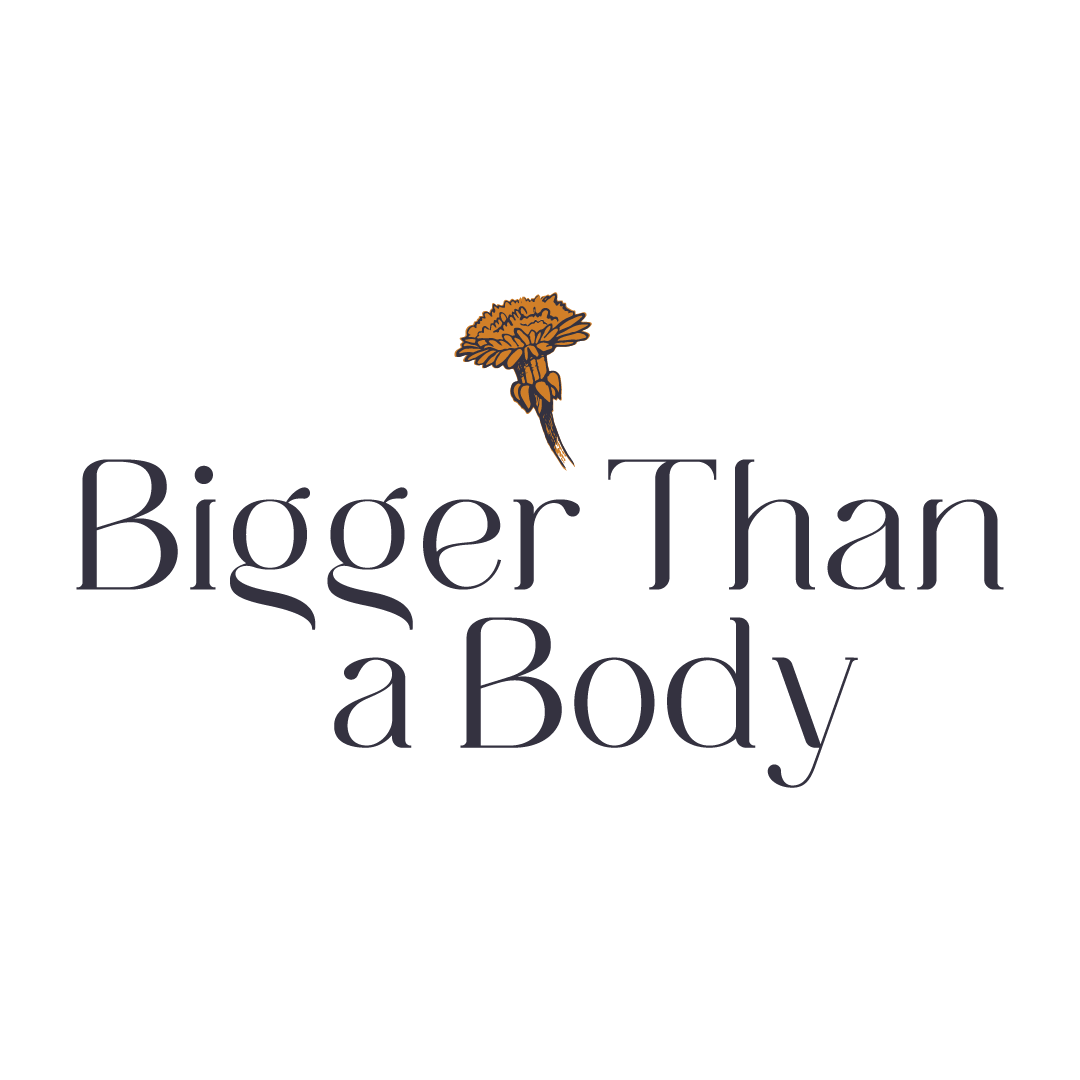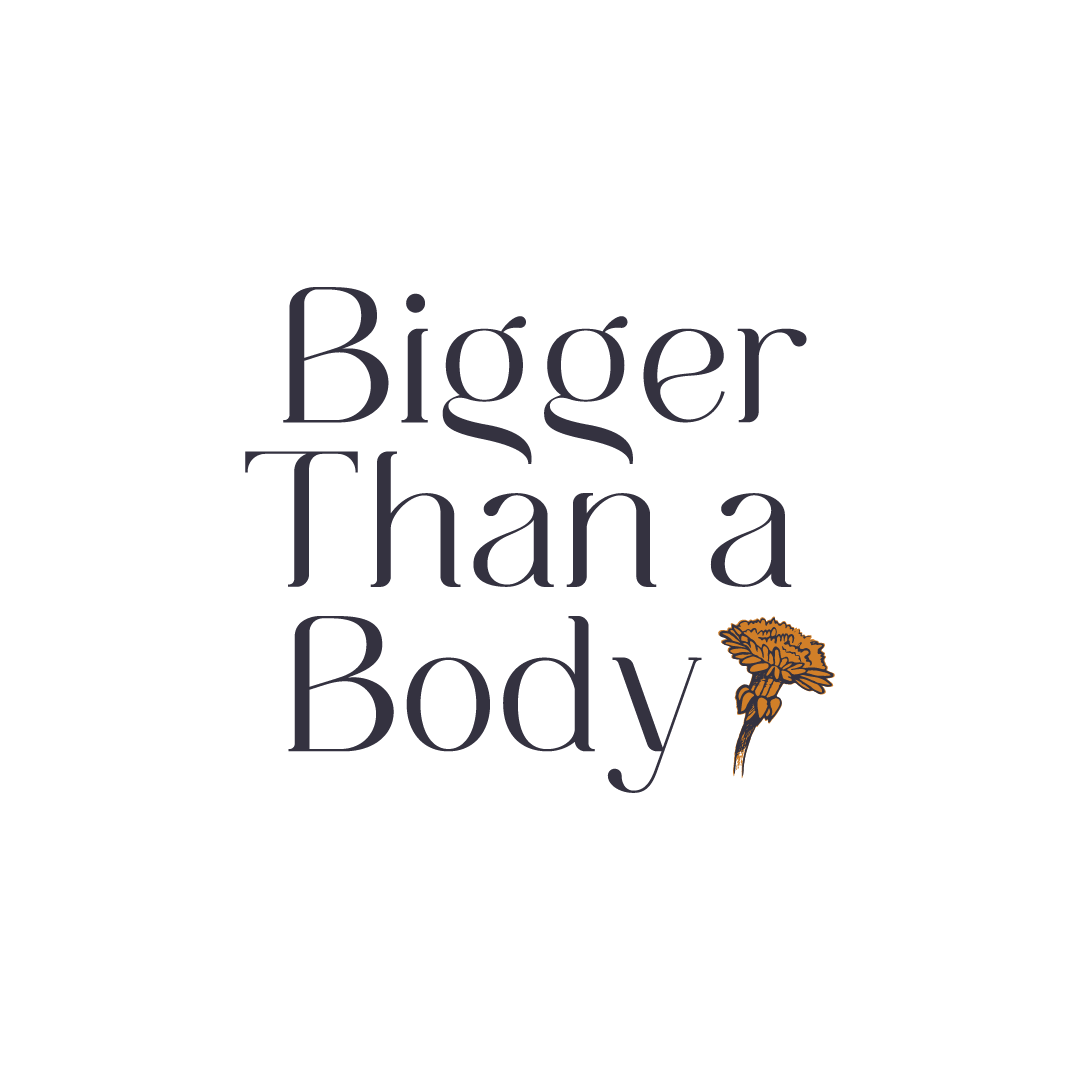
What Is Eating Disorder Recovery Coaching, Anyhow?
Eating disorder or disordered eating recovery coaching focuses on the here and now.
As your coach, I will assess your relationship and struggles with food, body image, and exercise. From there, I will formulate personalized, action-based strategies. Our ultimate goal is for you to find lasting peace and healing in what you eat and how you look and move.
My Personal Approach
I don’t believe there is a one-size-fits-all approach to eating disorder recovery. Everyone enters at different times with different struggles and needs. I apply methodologies adopted from one or a combination of the following books:
8 Keys to Recovery from an Eating Disorder
The Binge Code
The Bulimia Help Method
Brain Over Binge
When appropriate, I sprinkle in light-heartedness or humor—because disordered eating can be a delicate subject, and blips of glee are sometimes all it takes to keep the faith and motivation alive. I discovered this in my recovery journey.
Differentiating a Therapist and a Recovery Coach
An eating disorder recovery coach is not a replacement for a psychologist or other mental health practitioner. In many cases, the coach works with the therapist to ensure both parties are aligned on goals, strategies, and barriers relevant to a client’s recovery.
Role of the Therapist
Focuses on the past and present
Diagnoses and treats emotional and behavioral disorders, mental illnesses, and underlying issues
Establishes an individualized treatment plan based on client needs and conditions
Focuses on healing and understanding
Analyzes and treat origins of negative and limiting self-beliefs
Uses therapeutic modalities, such as dialectical behavioral therapy (DBT) and cognitive behavioral therapy (CBT)
Tests for patterns that will help clients better understand emotions and predict behavior
Conducts ongoing assessments
Contact between sessions is limited or not offered
Role of the Recovery Coach
Focuses on the present and future
Action- and solution-oriented
Helps clients with day-to-day struggles associated with eating disorder behaviors through exposure and response prevention techniques
Trained to work with functioning clients
Sets short-term goals based on acute problem areas
Available for support between sessions
Holds client accountable to follow through with goals and assigned tasks
Offers meal support sessions to assist clients as they eat to redirect behaviors that may sabotage recovery
With consent and where applicable, works with client’s treatment team members (therapist, dietician, etc.) to facilitate progress and identify impediments to recovery
“Mikaela changed my life. I knew that my exercise habits were obsessive and that my hypervigilance about food and calories was not normal. I just didn't know how to fix any of it! I journalled, prayed, read anything and everything I could find but just could not break free of the compulsions and obsessions regarding my size. I had been to therapy and tried meds, but my moods continued to be dictated by numbers - the number on the scale, the number of sit-ups, the number of laps I had swam or ran. It was exhausting! I wasn't easy to be around, I was starting to have health issues and I was desperate. When I signed up for coaching, I was terrified. I somehow knew this would be my last chance. If this didn't work, the rest of my years would likely be spent battling this disorder. I was 59 years old and had lived with this demon on and off for much of my life. I was comfortable with Mikaela from our very first meeting. She was sincere, kind, and incredibly knowledgeable about all of the issues relating to my disorder. I now enjoy freedoms I have dreamed of for years. I practice self-care instead of self-abuse, my relationships have all improved and I am much less regimented than I ever dreamed possible. But perhaps the biggest gift of recovery is the gift of time. Instead of spending every minute exercising, searching for "allowed" foods or other futile pursuits, I now enjoy spending precious time with the people and pets in my life.
Thank you, Mikaela!”
— Melanie F.
“You don't have to be diagnosed with disordered eating to benefit greatly from coaching. I am so thankful for Mikaela. For the first time, I felt like someone really understood me. My relationship with my body and food has improved so much from my coaching sessions!”
— Katie F.
“Working alongside Mikaela has been a joy. An original thinker and advocate for all things recovery, she surprised me at every corner. She not only understands the complicated dynamics within eating disorder treatment, she knows how to build a base of coping that can start anyone on the path to recovery.”
— Brian P.
FAQs
-
Absolutely. Recovery coaching is meant to serve as a supportive addition to any professional treatment you may be receiving.
As a Carolyn Costin Institute certified coach, I am trained to work with (not in place of) a therapist to report back on goal progression, current challenges or barriers, and successful methods or tactics in helping you achieve goals laid out by your therapist in your treatment plan.
-
Similar to how a coach supplements the work of a therapist, a coach aids in the goals established by the nutritionist or dietitian. For example, if you have a meal plan that includes fear foods or a specific daily calorie intake, I will work with you to find tactics that make you successful in following through on your individualized meal plan. I will then report back to your nutritionist with any progress or challenges related to your meal plan.
-
I earned my Eating Disorder Recovery Coaching Certification from the Carolyn Costin Institute (CCI), which is the first program to offer a sophisticated coaching certification track in the field of eating disorder recovery. My own experience working with an eating disorder coach inspired me to seek out this certification.
While I owe a debt of gratitude to the exceptional team of licensed health practitioners who treated my underlying mental and physical illnesses, I believe working with a coach who had her own lived experience with an eating disorder—and a recovery story that gave me unprecedented hope—is ultimately what led me to full, lasting healing.
-
Yes. All clients pursuing one-on-one coaching with Bigger Than a Body LLC must be at least the age of majority in his/her/their local area, which is often 18 or 19 years old.
-
Eating disorders do not discriminate. They affect people of all backgrounds. Aside from the minimum age requirement of 19, Bigger Than a Body accepts—and welcomes— struggling individuals from all across the world, regardless of your pronouns, gender identification or non-identification, gender expression, religious beliefs, race, ethnicity, or sexual orientation.
-
I currently only meet with clients online in an effort to provide equal services to clients all over the world.
-
Absolutely. Anyone who regularly engages in unnatural or disordered eating behaviors (chronic dieting, bingeing, purging, compulsive exercise, rigid food rules, etc.) deserves help in reestablishing a healthy, more natural relationship with food, body, and exercise.
-
While recovery coaching is a fast-growing practice, insurance companies are just at the beginning stages of recognizing it as a practice eligible for coverage. Still, I am happy to provide you with a receipt for your sessions that you can submit to your insurance company in an attempt for reimbursement.
-
There is no set timeline for eating disorder/disordered eating recovery. The amount of time it takes depends on a variety of factors, such as how severe your symptoms are, how long you’ve been struggling, and how committed you are to working toward full recovery. However, unless your symptoms are very mild, expect your coaching experience to take no less than three months, though 12 months or longer.
-
Eating disorders are mental and physical illnesses that involve severe and persistent eating behaviors. They are diagnosable via the Diagnostic and Statistical Manual of Mental Disorders (DSM-5).
Someone struggling with disordered eating experiences similar eating behaviors and thought patterns as outlined in the DSM-5, however, they do not meet the full diagnostic criteria of an eating disorder.
Diagnosable eating disorders often begin with problem eating behaviors and thought patterns that coalesce into a severe illness. For this reason, it is best to seek help at any point you feel you have an unhealthy or unnatural relationship with food.
You can learn more about the similarities and differences between eating disorders and disordered eating here.
-
I am trained to work with anyone who engages in or struggles with chronic dieting and weight fluctuations; food restriction; extreme concern with body size, shape, weight, and appearance; over-exercise or compulsive exercise as a compensatory behavior; overeating or binge eating; purging (in the form of self-induced vomiting, laxative abuse, and use of diuretics); rigid food rules; negative body image; and body dysmorphia.
The eating disorders these behaviors are primarily aligned to—and that I work with as a coach—include:
• Binge Eating Disorder (BED)
• Bulimia Nervosa
• Anorexia Nervosa
• Orthorexia (obsessive focus on “healthy” eating)
I am not qualified to work with individuals who struggle with Avoidant/Restrictive Food Intake Disorder (ARFID), Pica, or Rumination Disorder.


